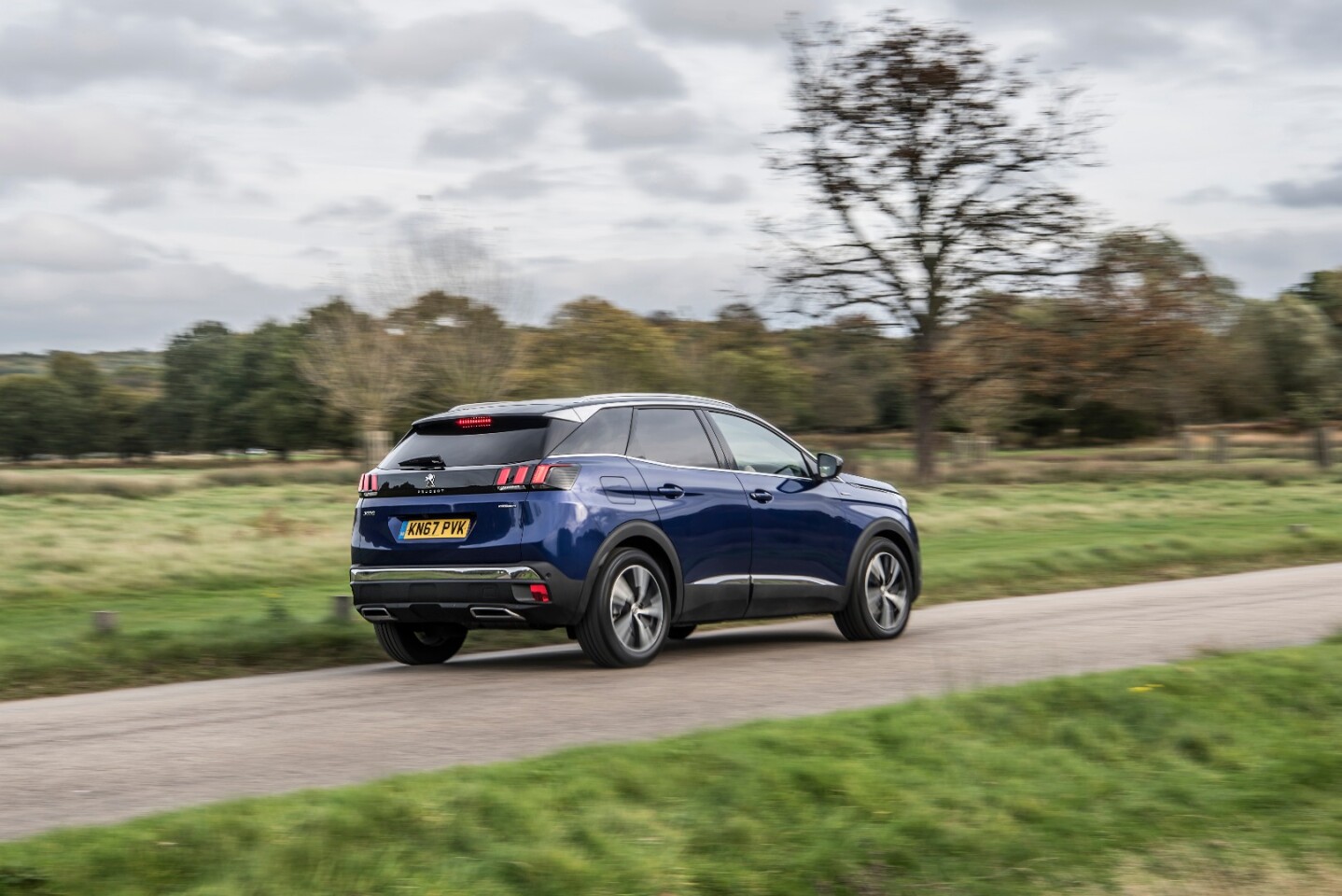We've seen a few systems aimed at encouraging drivers to keep their eyes on the road, including eyeball-tracking wipers from Jaguar Land Rover and drowsiness detectors from Nissan. Peugeot's effort to keep drivers focused is through its i-Cockpit system, which was just put through its paces in a test designed to pinpoint exactly how much our eyes wander when behind the wheel.
Peugeot announced its next-generation i-Cockpit system back in 2016, showing off, among other things, a smaller steering wheel and raised instrument panel designed to keep eyelines closer to the road when driving.
To demonstrate the capabilities of this setup, Peugeot commissioned a study to investigate just how much our eyes wander from the road during a typical stint behind the wheel. This saw drivers complete a total of 25 six-mile (10-km) trips along the same route, in both a Peugeot 3008 SUV and other non-Peugeot SUVs.
Drivers where fitted with Tobii Pro Glasses 2, which use six cameras to track the direction the retina is looking in every 0.05 seconds. The French automaker reckons that the subjects diverted their eyes from the road seven percent of the time in the competing SUVs, but this was reduced to five percent in the Peugeot 3008 SUV with the i-Cockpit system.

It's a nice little exercise for Peugeot, but it's hard to read too much into this difference. For starters, there's the small sample size. Then there's the question of how much wearing a pair of glasses that track a driver's eyes will influence how much they move them away from the road (if we're being perfectly honest, seven percent could be seen as a little low, you well-behaved test drivers, you).
In any case, Peugeot points out that a seven percent diversion during an hour-long drive at 30 mph (48 km/h) equates to 3.35 km (2 mi) not looking the road, something it describes as "staggering." The two percent figure, if roughly representative, equates to around 1 km (0.6 mi) of extra road seen by the driver, which could well be the difference between life and death. So if nothing else, the study does highlight how every little bit can make a difference when it comes to driver focus.
Source: Peugeot








